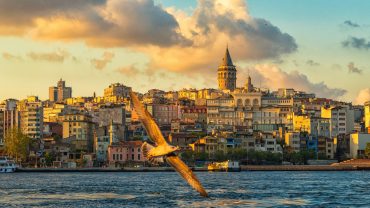Despite a 1994 ceasefire agreement and years of negotiations, the dispute remains unresolved. The long-term presence of a United Nations Observer Mission and a Russian-led Commonwealth of Independent States (CIS) peacekeeping force failed to prevent the flare-up of violence on several occasions. In August 2008, Abkhaz and Russian forces fought a war against Georgian forces, which led to the formal recognition of Abkhazia by Russia, the annulment of the 1994 ceasefire agreement and the termination of the UN mission. On 28 August 2008, the Parliament of Georgia declared Abkhazia a Russian-occupied territory, with most United Nations member states agreeing.
Towns of Abkhazia Gagra, Gali, Gudauta, New Athos, Ochamchira, Pitsunda (since 2007), Sukhumi, Tkvarcheli.
Abkhazian culture is rich with folk poetry and songs, dance and music. Abkhazian folk songs are a combination of vocal melody and chanting. Ancient pagan songs survive to this day, along with work songs, ritual songs, fairy tales, legends, myths, sagas, sayings and proverbs. Abkhazia, also spelled Abkhaziya, autonomous republic in northwestern Georgia that formally declared independence in 1999. Only a few countries—most notably Russia, which maintains a military presence in Abkhazia—recognize its independence. Bordering the eastern shores of the Black Sea, Abkhazia consists of a narrow coastal lowland broken by mountain spurs, followed by a hilly foreland zone of eroded marine and river terraces that merge into the steep slopes of the Caucasus Mountains located to the north.
You need a valid passport or ID card to enter
Georgia. Only
Republic of Abkhazia and
Republic South Ossetia need seperate visas. Fifthy
country citizens may enter and stay in Georgia without a visa for up to 365 days. Visit the Embassy of Georgia’s website for the most current visa information.





Comment (0)